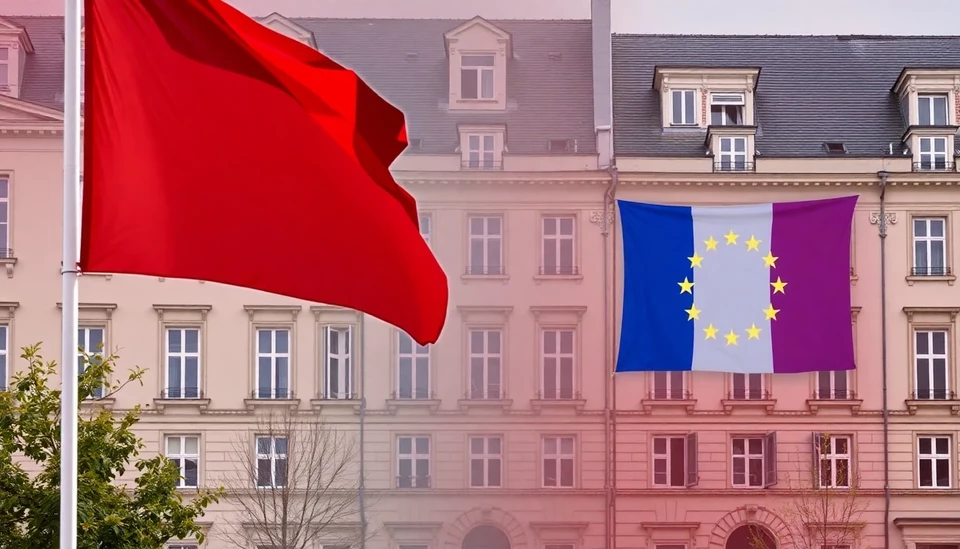
Recent economic data has painted a contrasting picture of performance in two of Europe's largest economies, with Germany experiencing a notable easing in its business downturn, while France continues to grapple with economic challenges. This divergence in economic conditions has generated significant attention from analysts and policymakers alike.
Germany’s business landscape has shown signs of recovery, suggesting that the blistering downturn characterizing earlier months may be retreating. Indicators from various sectors, particularly manufacturing, have revealed improved sentiment among business leaders, who appear cautiously optimistic about prospects moving forward. This improvement is attributed to a combination of eased supply chain constraints and a gradual rebound in domestic and export demand, which has provided much-needed support to German businesses.
Moreover, Germany's economy has benefited from its strong industrial base, coupled with enhanced government support aimed at battling inflation and encouraging investment in key growth areas. Economic analysts posit that the recovery may signal a potential turning point, particularly as Europe braces for challenges posed by geopolitical tensions and rising costs of living.
In stark contrast, the French economy is encountering persistent struggles. Recent reports indicate stagnant growth, exacerbated by a range of factors, including high energy prices and inflationary pressures. French businesses remain cautious, hindered by a consumer spending slowdown, which has been influenced by rising living costs and a lack of consumer confidence. With inflation showing little sign of abating, the French government is under increasing pressure to implement measures that stimulate economic activity.
Central bankers in both nations are closely monitoring these developments, indicating that their future monetary policy decisions could be influenced by the performance of these major economies. In Germany, the potential for a rebound could lead to a need for policy adjustments in favor of tightening, while France may require a more delicate approach to stimulate necessary growth without exacerbating inflationary concerns.
The disparity in economic health between these two nations brings to light the broader issues plaguing the Eurozone and poses questions about its resilience in the face of ongoing global uncertainties. As Germany looks poised for a potential rebound, all eyes remain on France to see how it navigates through its current setbacks.
Economists maintain that the overall stability of the Eurozone hinges on the growth trajectories of its key players. The forthcoming months will be critical as both countries chart their paths amid a rapidly evolving economic landscape, with policy makers having to balance growth stimulation in France while addressing inflation and managing a hard-fought recovery in Germany.
#Germany #France #Economy #BusinessRecovery #EconomicChallenges #Eurozone
Author: Laura Mitchell




